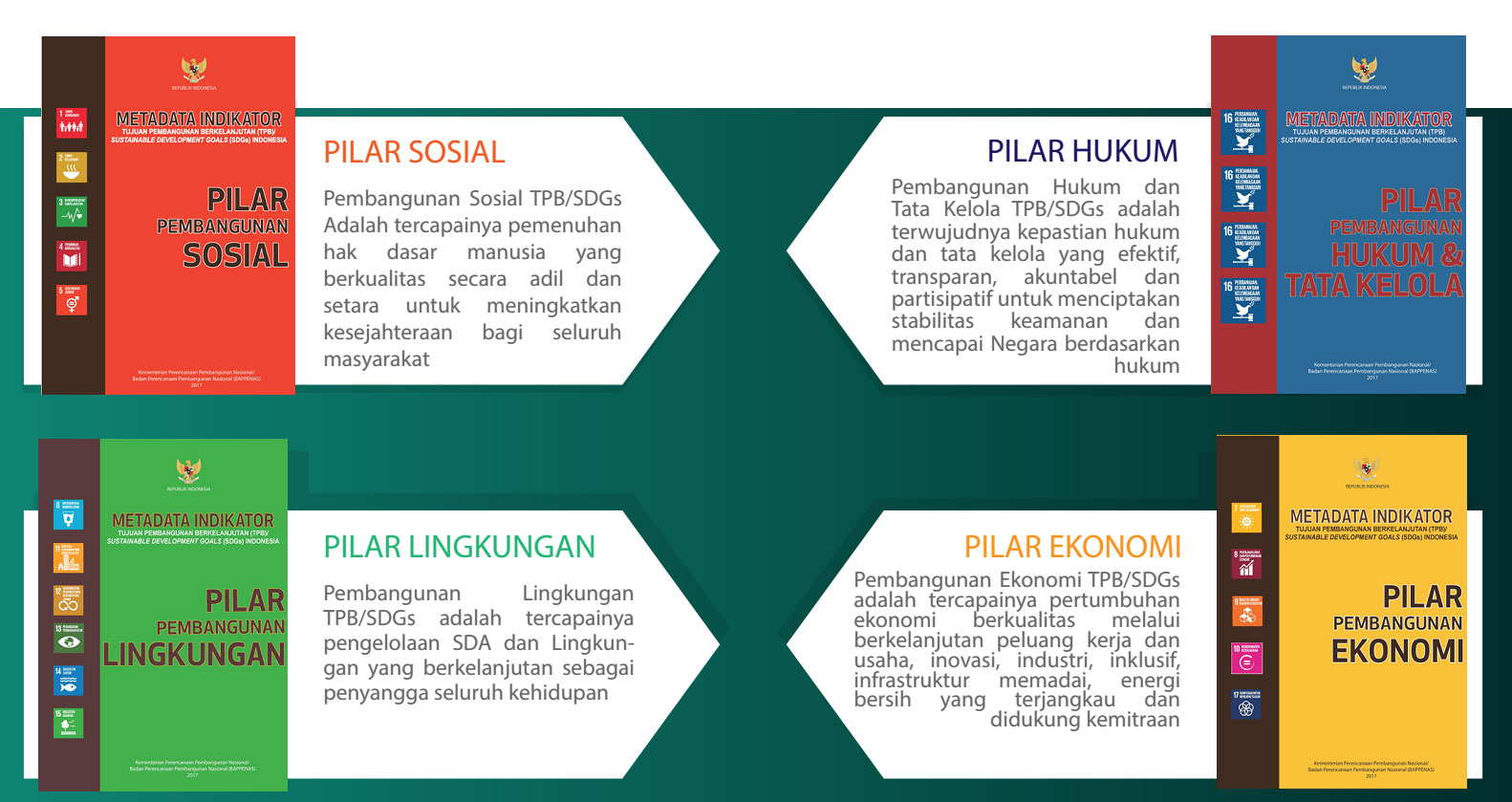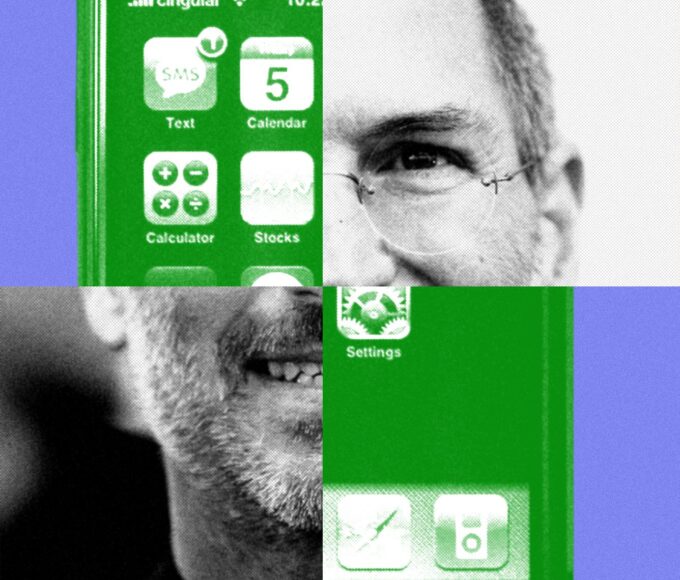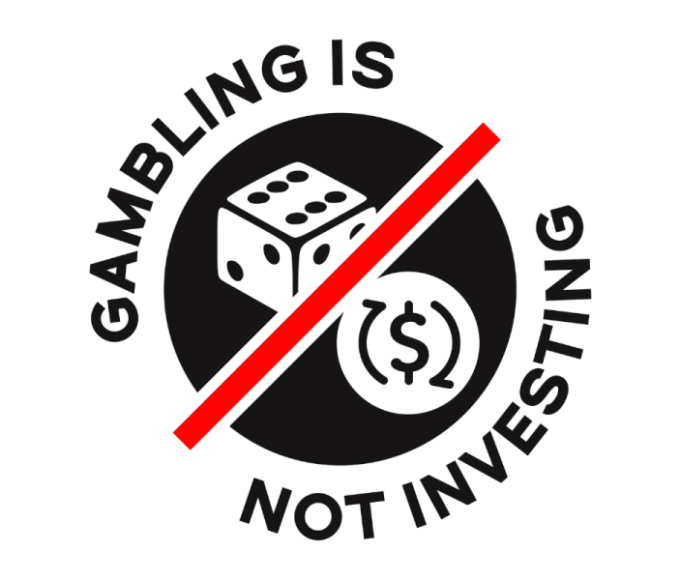How httpssdg2030indonesia.org is Shaping Indonesia’s Sustainable Future
In the midst of global environmental challenges and the pressing need for sustainable development, Indonesia stands at a critical crossroads. The Indonesian government, alongside various stakeholders, is turning to the Sustainable Development Goals (SDGs) as a framework for ensuring a resilient future. The website https://sdg2030indonesia.org/ plays a crucial role in this movement, serving as a platform that encapsulates the nation’s commitment to integrating sustainability into its policies, practices, and societal norms. This article delves into how this initiative is reshaping Indonesia’s sustainable future through various avenues. Posted by https://sdg2030indonesia.org/
Understanding the Role of SDGs in Indonesia

The Sustainable Development Goals, adopted by all United Nations Member States in 2015, represent a universal call to action to end poverty, protect the planet, and ensure prosperity for all by 2030. In Indonesia, these goals are not just bureaucratic mandates but rather transformative pathways that align with the nation’s unique socio-economic context.
The Importance of National Alignment with Global Frameworks
As a nation rich in biodiversity and cultural heritage, Indonesia faces dual challenges: economic growth and environmental sustainability. The SDGs provide a global framework for addressing these challenges in a structured manner.
The alignment with global frameworks allows Indonesia to assess its progress within an international context. For instance, when Indonesia actively engages in discussions surrounding climate change or gender equality, it positions itself as a responsible member of the global community. This participation fosters international cooperation, attracting foreign investments aimed at sustainable development projects.
Moreover, localizing the SDGs encourages regional governments and communities to tailor their strategies in ways that meet both global standards and local needs. By doing so, they can effectively address the unique challenges they face while contributing to a larger, unified goal.
Engaging Stakeholders for Collective Action
One of the most vital aspects of implementing the SDGs in Indonesia is stakeholder engagement. The government, private sector, civil society, and academia must work in tandem to drive initiatives that foster sustainable development.
Building a multi-stakeholder approach often leads to innovative solutions that may not have emerged from traditional top-down methods. For example, local communities can offer insights into sustainable agricultural practices that reflect their lived experiences, while businesses can invest in eco-friendly technologies that reduce carbon footprints.
Creating platforms for dialogue between these stakeholders can lead to synergies that amplify efforts and results. Through effective collaboration, diverse perspectives can come together to create holistic solutions that benefit all parties involved.
The Impact of Education on Sustainable Development

Education is a cornerstone of achieving sustainable development goals. It empowers individuals and communities to make informed decisions that contribute to a more sustainable future.
Integrating Sustainability into Educational Curriculums
Indonesia recognizes the importance of embedding sustainability into educational curricula from an early age. By teaching students about environmental conservation, social responsibility, and economic inclusiveness, the nation equips future generations with the knowledge necessary to tackle global challenges.
Curriculum integration is not merely about adding sustainability as a subject; it requires a comprehensive approach where students learn to think critically and creatively about real-world issues. Schools can organize field trips to local ecosystems, facilitate workshops with sustainability experts, and encourage projects that promote environmental stewardship.
Fostering an educational environment centered around sustainability nurtures a sense of accountability among students. As they understand the implications of their actions, they are more likely to become active participants in sustainability initiatives throughout their lives.
A Focus on Lifelong Learning
While formal education is crucial, lifelong learning plays an equally important role in promoting sustainable development. Initiatives that target adults, such as community workshops and online courses, offer avenues for personal and professional growth.
Through lifelong learning, individuals can stay updated on the latest sustainable practices, technologies, and policies. These programs can also serve as platforms for sharing success stories, inspiring others to implement similar practices in their communities.
Furthermore, fostering a culture of lifelong learning encourages innovation, as people are more likely to seek out creative solutions to pressing challenges. This spirit of curiosity and adaptability is essential in navigating the complexities of sustainable development.
Innovative Approaches to Sustainability in Indonesian Industries

Various sectors in Indonesia are adopting innovative approaches to integrate sustainability into their operations. From agriculture to tourism, these initiatives are paving the way for a greener economy.
Sustainable Agriculture Practices
Agriculture remains a pivotal part of Indonesia’s economy and cultural identity. However, the sector faces significant challenges, including deforestation, soil degradation, and water scarcity. The adoption of sustainable agricultural practices is therefore paramount.
Farmers are increasingly exploring agroecology, which emphasizes biodiversity, crop rotation, and organic farming techniques. By reducing reliance on chemical fertilizers and pesticides, farmers can restore soil health and improve crop yields sustainably.
Additionally, initiatives that connect farmers directly with consumers can promote local economies while reducing carbon footprints associated with transportation. Community-supported agriculture models allow consumers to purchase shares of seasonal produce directly from farmers, creating a win-win situation for both parties.
Eco-Tourism as a Sustainable Alternative
Tourism is one of Indonesia’s largest industries, yet it poses risks to the environment if not managed sustainably. Eco-tourism offers a pathway to balance economic benefits with environmental preservation.
Promoting eco-friendly travel options encourages tourists to engage with nature responsibly. This often includes activities like guided treks through rainforests or wildlife tours that emphasize conservation efforts.
Local communities can benefit economically while preserving their natural surroundings, creating a symbiotic relationship between tourism and environmental protection. Moreover, raising awareness among tourists about local cultures and ecosystems fosters respect and appreciation for Indonesia’s rich biodiversity.
The Technology-Driven Future of Sustainability in Indonesia

Technological advancements are shaping the narrative of sustainable development in Indonesia, making it possible to achieve goals that were previously deemed unattainable.
Leveraging Renewable Energy Sources
Indonesia has immense potential for renewable energy, particularly solar, wind, and geothermal power. By harnessing these resources, the country can significantly reduce its carbon emissions and dependence on fossil fuels.
Investments in renewable energy technologies are crucial for moving toward a sustainable energy future. Government policies that incentivize the adoption of clean energy alternatives can stimulate both local and foreign investments in the sector.
Moreover, integrating technology into the energy sector presents opportunities for job creation and skills development. Training programs can equip the workforce with expertise in renewable technologies, promoting economic resilience.
Smart Cities as a Model for Sustainable Urban Development
Urbanization poses significant challenges for Indonesia, with rapid population growth leading to congestion, waste management issues, and pollution. The concept of smart cities offers a solution to these problems by using technology to enhance urban living.
Smart city initiatives focus on utilizing data analytics and IoT (Internet of Things) technologies to improve infrastructure, transportation, and public services. For instance, smart traffic management systems can reduce congestion and air pollution, while digital waste management solutions streamline processes to promote recycling and waste reduction.
By prioritizing sustainable urban planning and development, Indonesia can create livable cities that cater to the needs of citizens while minimizing environmental impacts.
FAQs

What are the Sustainable Development Goals (SDGs)?
The Sustainable Development Goals (SDGs) are a set of 17 global goals established by the United Nations to address various social, economic, and environmental issues by 2030.
How does Indonesia align its policies with the SDGs?
Indonesia aligns its policies with the SDGs by localizing the goals within national strategies and engaging stakeholders from different sectors to ensure collective action towards achieving them.
Why is education important for sustainable development in Indonesia?
Education fosters awareness and understanding of sustainability issues, empowering current and future generations to make informed choices that positively impact the environment and society.
What role do industries play in promoting sustainability?
Industries play a crucial role in promoting sustainability by adopting eco-friendly practices, investing in sustainable technologies, and creating products that minimize environmental impacts.
How can technology contribute to Indonesia’s sustainable future?
Technology can contribute to Indonesia’s sustainable future by advancing renewable energy, improving urban infrastructure, and enhancing resource management, thereby promoting efficiency and reducing waste.
Conclusion
The journey towards a sustainable future in Indonesia is ongoing, with the website https://sdg2030indonesia.org/ serving as a pivotal resource in this transformative process. By embracing the Sustainable Development Goals, fostering education, engaging stakeholders, exploring innovative practices across industries, and leveraging technology, Indonesia is taking significant strides towards sustainability. The path ahead may be challenging, but with a unified effort, Indonesia can shape a brighter, more sustainable future for generations to come.
Related Articles
How Palantir, Microsoft, Amazon, and Google Power Trump’s Immigration Crackdown
A WIRED analysis shows that ICE and CBP have collectively spent at...
Google’s Home’s latest feature is Gemini-powered ‘Live Search’ for cameras
Google Home has some significant new quality-of-life updates and a new AI-powered...
The Untold Story of the Birth of the iPhone
Apple turns 50 on April 1. In his new book, Apple: The...
Gambling Is Not Investing coalition challenges prediction markets over sports betting consumer protections
A newly formed coalition is entering the intensifying fight over sports betting...









